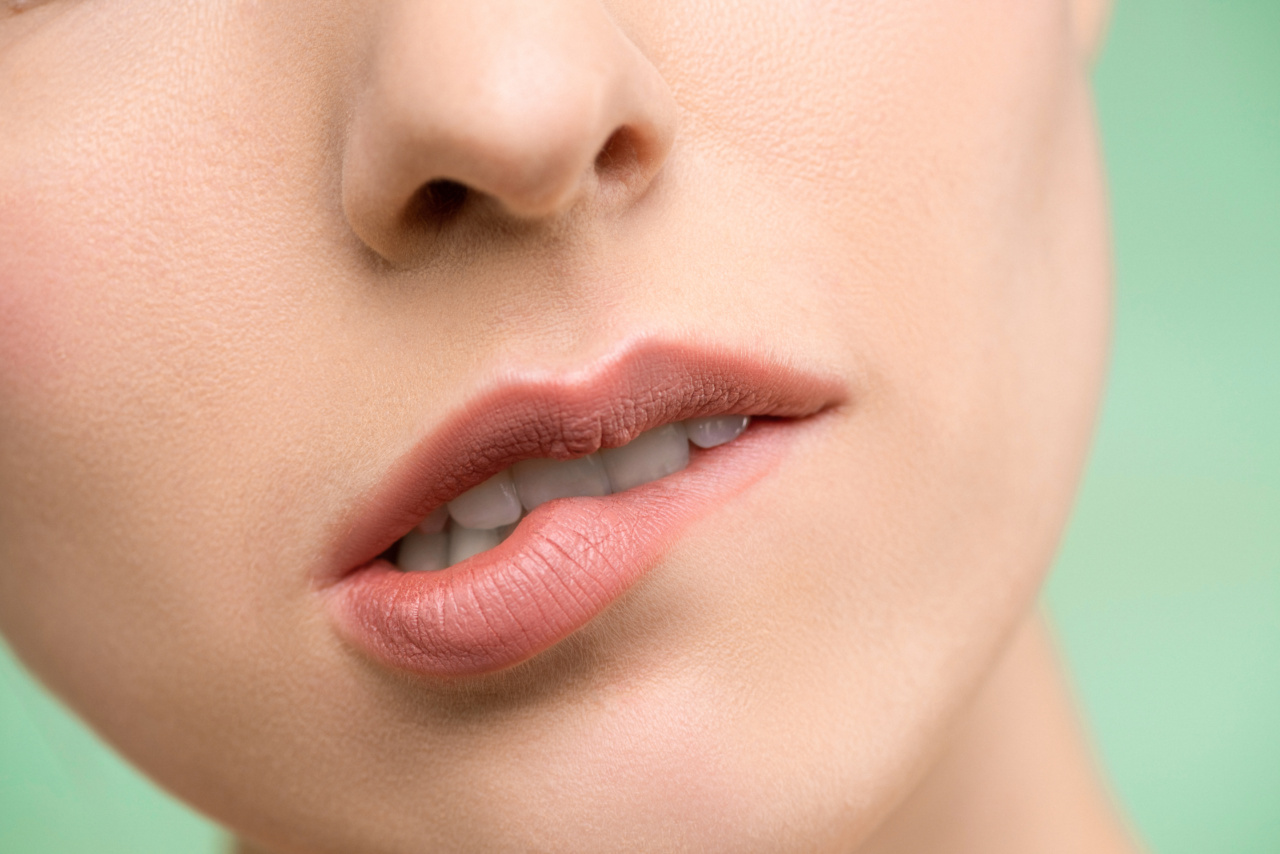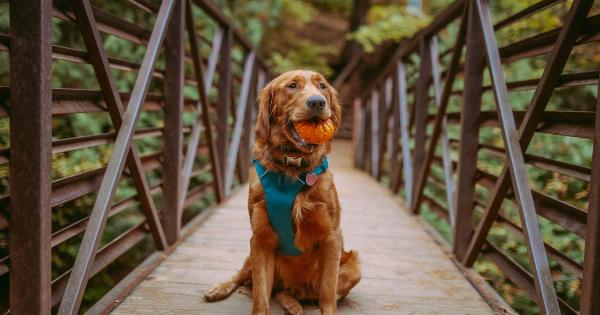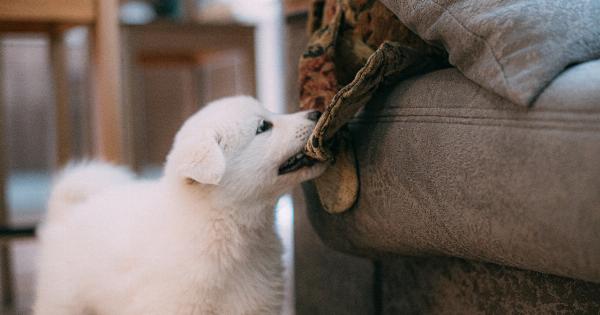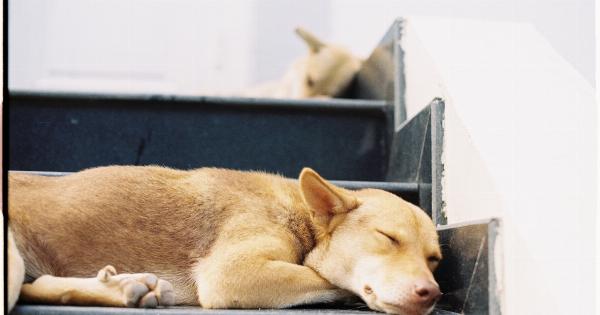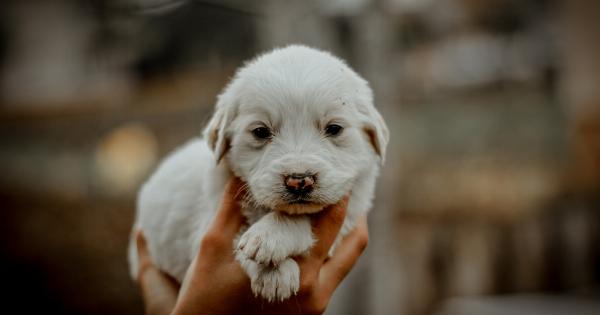One of the most challenging aspects of raising a puppy is dealing with their biting behavior. Just like human babies, puppies go through a teething phase during which their teeth start to grow and mature.
This natural process can cause discomfort, leading puppies to chew and bite on everything they can sink their teeth into. If not properly managed, this behavior can escalate and become a problem.
In this article, we will explore why puppies bite, how to prevent and redirect their biting, and provide helpful tips and techniques to help you manage your puppy’s teething troubles.
1. The Teething Process
Puppies start teething around three to four months of age. During this stage, their baby teeth gradually fall out, making way for their permanent adult teeth.
This transition can be uncomfortable and painful for puppies, leading them to seek relief by chewing on objects and even people.
2. Why Puppies Bite
Puppies bite for various reasons, including:.
– Teething discomfort: Chewing offers relief to their sore gums.
– Exploration and play: Puppies use their mouths to interact with their environment and play with littermates or humans.
– Attention-seeking: Biting can be a way for puppies to get attention or engage in play with their owners.
– Overtired or overstimulated: Puppies may nip or bite when they are overly tired or stimulated.
3. Understanding Bite Inhibition
Bite inhibition is a crucial skill that puppies need to learn. It refers to a puppy’s ability to control the force of their bite, ultimately preventing them from causing harm when interacting with others.
Puppies learn bite inhibition through interaction with their littermates and should continue to practice this skill when transitioning into their new homes.
4. Managing Puppy Biting
Here are some essential tips to help you manage your puppy’s biting behavior:.
4.1. Provide Appropriate Chew Toys
Ensure your puppy has access to a variety of safe chew toys that are specifically designed for teething puppies. These toys can help soothe their gums and redirect their chewing behavior away from inappropriate items.
4.2. Use Positive Reinforcement
Reward your puppy for appropriate behavior using positive reinforcement techniques. When your puppy chooses to chew on their toys instead of your fingers or furniture, praise them and offer treats.
This positive association helps them learn what is acceptable to chew on.
4.3. Avoid Physical Punishment
Physical punishment, such as hitting or smacking, is not an effective way to eliminate biting behavior. It can cause fear and anxiety in your puppy, which may escalate their aggressive tendencies.
Instead, focus on positive reinforcement and redirection techniques.
4.4. Socialize Your Puppy
Proper socialization is crucial for puppies. Expose them to different environments, people, and animals from a young age. Socializing your puppy helps them develop appropriate behavior and bite inhibition through interaction with others.
4.5. Teach Bite Inhibition
If your puppy bites too hard during play, let out a yelp or a high-pitched sound to startle them. This mimics the response of a littermate and indicates that their bite was too forceful.
If your puppy responds by loosening their grip or stopping their biting altogether, reward them with praise and continue playing. If they continue to bite too hard, end the play session temporarily to teach them that biting leads to the removal of attention.
4.6. Provide Regular Exercise
Ensure your puppy gets regular exercise to help reduce excessive energy levels that can contribute to biting. A tired puppy is less likely to engage in excessive biting or destructive behavior.
4.7. Establish a Time-Out Space
If your puppy becomes overly excited and their biting persists despite your efforts to redirect or discourage the behavior, establish a time-out space.
Use a baby gate or a crate to create a safe and quiet area where your puppy can calm down and take a break.
4.8. Seek Professional Help if Needed
If your puppy’s biting behavior worsens or becomes aggressive, it is crucial to seek help from a professional dog trainer or a veterinarian behaviorist.
They can assess the situation, provide guidance, and develop a tailored plan to address the issue effectively.
5. The Importance of Consistency
Consistency is key when managing your puppy’s biting behavior. Everyone in your household should be on the same page and follow the same techniques to ensure your puppy receives consistent guidance.
Inconsistency can confuse your puppy and hinder their progress.
6. Patience and Perseverance
Teaching your puppy to control their biting takes time, patience, and consistency. Remember that puppies are still learning and exploring the world around them.
With patience and perseverance, you can help them develop appropriate behavior and manage their teething troubles effectively.
Conclusion
Teething troubles can be challenging, but with the right approach, you can help your puppy navigate this phase.
By understanding the teething process, redirecting their biting behavior, and teaching bite inhibition, you can manage your puppy’s biting and ensure their safety and the well-being of those around them.
